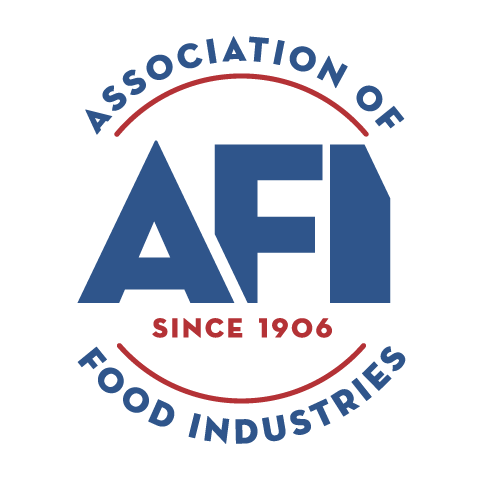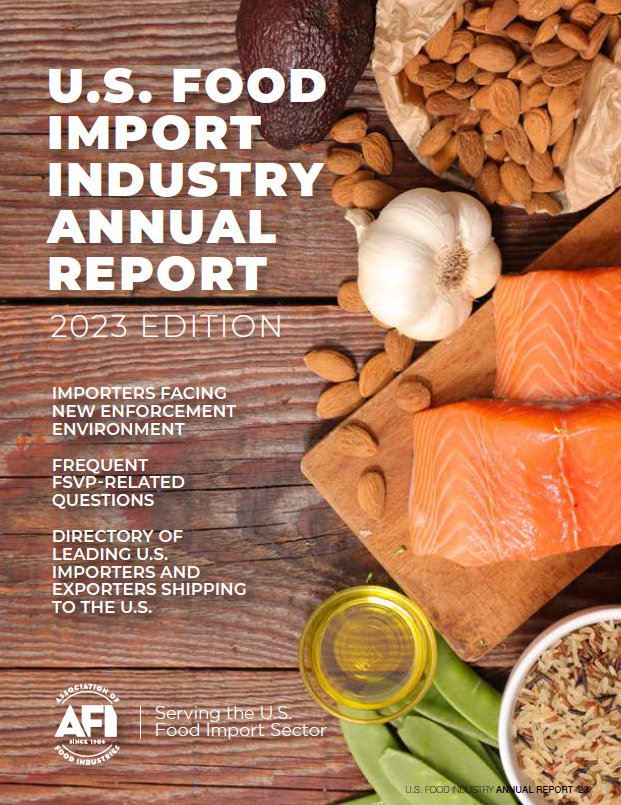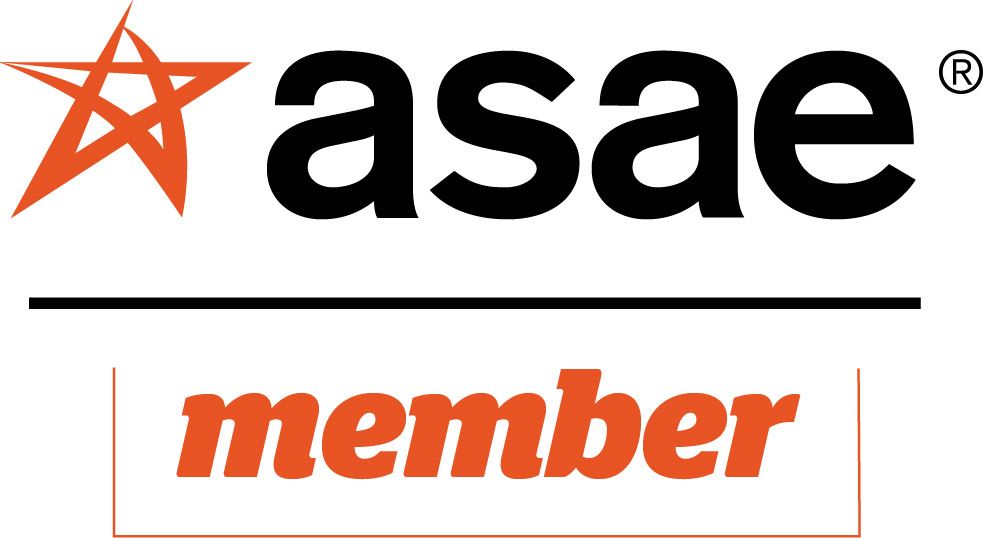Food Importers Facing New Enforcement Environment for Foreign Supplier Verification ProgramsDeborah Stern & Domenic Veneziano
More than a decade after the Food and Drug Administration first started requiring food importers to implement foreign supplier verification programs, the clock is now ticking for importers to avoid consequences for noncompliance as FDA turns its full attention to enforcement. Under the Food Safety Modernization Act enacted in 2011, U.S. importers must develop, maintain and follow an FSVP for each food from each foreign supplier that they import into the U.S. FSVPs must provide adequate assurance that the foreign supplier is producing the food using processes and procedures that provide at least the same level of public health protection as those required under section 418 (hazard analysis and risk-based preventative controls) or section 419 (standards for produce safety) of the U.S. Food, Drug, and Cosmetic Act. Importers must also ensure that the product is not adulterated or misbranded in accordance with sections 402 and 403(w) of the act. When FDA finds that an importer has violated the agency’s FSVP regulations it issues a warning letter, which comprises the first notice of noncompliance and allows the importer a set period to correct the violation. If the importer does not act promptly, FDA may place it on an import alert, which allows the agency to refuse imports of subject goods. Even though FSVP requirements have been in place for many years, the most-recent report from FDA indicates that failing to develop an FSVP still ranks as the most-common violation. Also frequently seen are problems with: • establishing adequate written procedures to ensure that foods are imported only from approved foreign suppliers; • conducting foreign supplier verification activities; • documenting evaluations (or the review of third-party evaluations) to determine a foreign supplier's performance and the risk posed by the imported food • the frequency of verification activities that seek to assure the compliance of imported foods; and • identifying hazards requiring controls in a hazard analysis. One of the possible explanations for these continued problems is that FDA enforcement has been less-than-robust. However, that may be about to change. In January 2023, FDA made available its final guidance on how food importers can comply with FSVP requirements. Since then, the agency has increased its inspectional presence and plans to do more inspections than in FY 2022. With FDA now turning its full attention to enforcement, importers should act quickly to meet any and all FSVP requirements they have not yet complied with. Failure to do so could result in measures that could damage their reputation or even jeopardize their business. About the Authors Deborah Stern is a member in the Import and Export Practice Group of Sandler, Travis & Rosenberg, P.A., resident in the Miami office. She advises domestic and multinational clients on both U.S. and foreign customs compliance and other trade matters. She concentrates her practice in traditional customs areas, such as tariff classification, seizures and penalties, country of origin marking, valuation, trademark infringement, broker compliance, bonded warehouses, government procurement, trade preference programs and free trade agreements, as well as the World Customs Organization’s Harmonized System. Domenic Veneziano provides advice on the importation of FDA-regulated commodities and the resolution of problems that may occur as an independent consultant to Sandler, Travis & Rosenberg, P.A. He also evaluates medical device and food facilities to determine compliance with good manufacturing practice regulations and the Food Safety Modernization Act and assists clients in correcting any deviations found during FDA inspections or third-party audits. He served as director of the FDA’s Division of Import Operations for more than 10 years and was a frequent speaker at AFI events while in that role. About Sandler, Travis & Rosenberg, P.A. Sandler, Travis & Rosenberg, P.A. is a premier international trade law and government relations firm for customs, import and export matters. The firm has been a member of the Association of Food Industries for 35+ years.
|
2023 U.S. Food Import Industry Annual ReportChairman's Report - John Sessler North American Olive Oil Association - Mouna Aissaoui Processed Foods - Brent Danielson Nut & Agricultural Products - Richard Rosenblatt National Honey Packers & Dealers - Andy Sargeantson Regulatory and Trade IssuesFood Importers Facing New Enforcement Environment |



